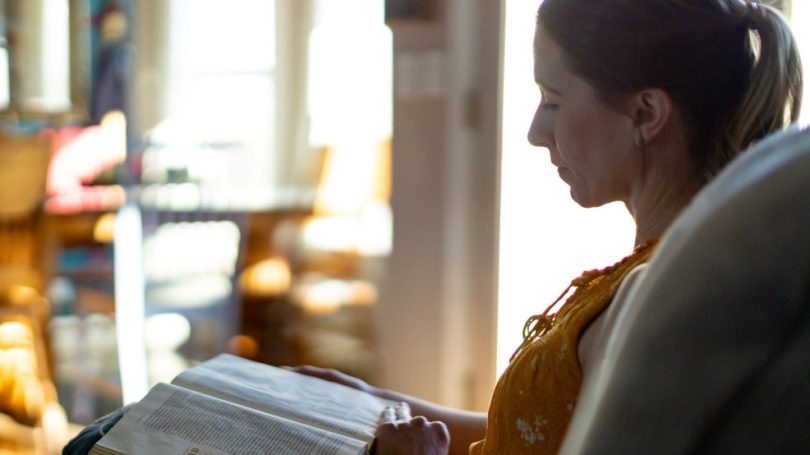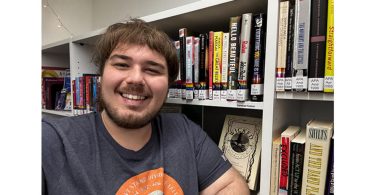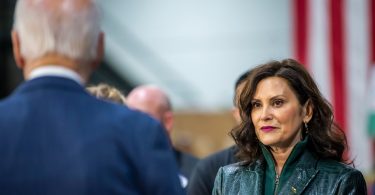SALEM, Ore. (KATU) — Can the state of Oregon stop someone from becoming a licensed foster parent and/or adopting from the foster care system because of their stated beliefs on LGBTQ issues?
The 9th Circuit Court of Appeals is set to answer this question in a case brought by Jessica Bates.
The Oregon mother of five wants to adopt from the state’s foster care system, which requires her to become certified as a foster parent through an Oregon Department of Human Services (ODHS) approved certification agency.
Children who are wards of the state in Oregon can only be adopted after they are placed in a home for a minimum of six months’ time. In order to place foster children in their home, perspective adoptive parents need to undergo ODHS foster care training and certification.
There are other adoption avenues that do not require this, but they are often times more expensive. Adoption through the foster system is free and the state continues to provide medical care for the adopted child and adoption assistance.
Bates had intended to adopt two siblings under the age of 10 and had begun the training process.
She claims she was denied certification after she vocalized to the training coordinator that her religious beliefs would preclude her from encouraging a child’s gender expression if different from their sex assigned at birth, or taking actions to demonstrate support of non-heterosexual orientations.
The state informed Bates that denial was based on an administrative law that requires foster parents “respect, accept and support” a child’s gender identity and sexual orientation.
The foster parent training provided by ODHS states this support should be demonstrated by actions such as using a child’s preferred gender pronouns, displaying LGBTQ support flags in the home and taking an LGBTQ child to pride events.
In April 2023 Bates sued, requesting a Pendleton Federal District Court court to require Oregon to allow her to proceed with her foster care licensing. The challenge failed and she appealed to the 9th District Court of Appeals which heard the case Tuesday.
She claims the state’s actions are a violation of her constitutional right to religious expression.
“My client will love and respect every child, every LGB child, will not reject or denigrate or vilify them but care for them and love them,” Jonathan Scruggs, a lawyer for Bates, told the court. “Oregon has taken the position that categorically you have to support in all ways, including by using certain pronouns, including by being willing to take a child to pride parades.”
Scruggs claims the licensure denial is because of Bates’ speech and not because of her conduct.
“Here the government is essentially conditioning a benefit or a license on my client not expressing her particular views,” he told the judicial council.
Philip Thoennes, a lawyer for the state of Oregon, told the court the discrimination is based on the conduct of caring for a child and assuring their well-being.
“The state is not trying to extinguish plaintiff’s viewpoints about human sexuality or gender identity and of course that would present a constitutional problem. What the state asked plaintiff to be able to do is to — recognizing that she does hold those beliefs — be able to parent or provide child care to a child that recognized that that child might be different and might not conform with those beliefs,” he said.
Thoennes pointed to research that suggests the well-being of numerous LGBTQ children in foster care relies on environments that are supportive to their gender identity and/or sexual orientation.
“There is strong evidence that LGBTQ children do experience a high level of familial reject, which is part of why they are overrepresented in foster care and that ensuring familial acceptance including using pronouns that align with the child’s gender identity is a critical part of ensuring the child’s well-being,” he said.
Scruggs claims Oregon could take a less restrictive approach by making sure to pair LGBTQ children with like-minded foster parents. Thoennes said in Bates’ case this would not be possible because she wanted to adopt a child under 10 who may still be in the process of discovering or vocalizing their gender identity and/or sexual orientation.
Bates’ legal fees are being paid for by Alliance Defending Freedom, a religious nonprofit that has sponsored multiple anti-LGBTQ rights campaigns and lawsuits on an international and national level.







